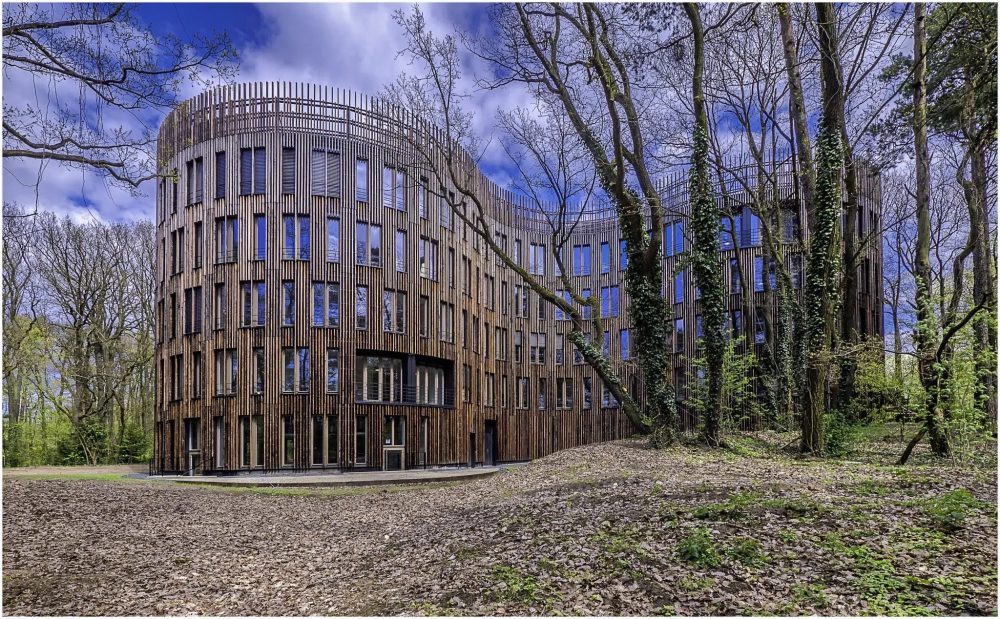Supercomputing infrastructure with AMD EPYC™ processors and Lenovo Neptune® cooling boosts sustainability and scientific impact.
The Potsdam Institute for Climate Impact Research (PIK), one of the world’s leading centers for climate science, has dramatically expanded its high-performance computing (HPC) capabilities by deploying a robust new infrastructure built on AMD EPYC™ 9554 processors and Lenovo ThinkSystem servers with Neptune® Liquid Cooling technology.
This cutting-edge solution, delivered in collaboration with pro-com DATENSYSTEME GmbH, enables PIK to meet growing computational demands across climate modeling, machine learning, and policy impact analysis, while simultaneously reducing its environmental footprint.
Tackling Tomorrow’s Climate Questions, Today
As global climate modeling becomes more complex and interdisciplinary, PIK sought an in-house supercomputing platform that could support massive simulations, data-intensive workflows, and artificial intelligence (AI)-driven research. Equally critical was PIK’s goal to operate sustainably by reusing thermal output from its servers to heat its campus offices, replacing traditional heating systems.
After rigorous evaluation, PIK selected Lenovo ThinkSystem SD665 V3 servers powered by AMD EPYC™ 9554 CPUs, offering:
- Over 240 water-cooled HPC nodes
- 64-core AMD EPYC processors optimized for AI and simulation workloads
- Integrated Neptune® warm-water cooling for efficient heat reuse
- A flexible software stack including Red Hat, Nutanix, and Slurm
Real-World Impact and Results
The new supercomputing cluster has delivered impressive benefits:
- 5× increase in overall computing power
- 2.5× improvement in energy efficiency
- 5–10× faster performance on select workloads
- AI-powered analysis of 85,000+ climate policy documents
- Heat reuse for 250+ workplaces, eliminating the need for separate heating systems
“The sustainability of our research must extend to the infrastructure behind it,” said Karsten Kramer, Head of IT Services and HPC at PIK. “Thanks to Lenovo and AMD, we’re not just accelerating science, we’re heating our offices using the waste heat from our supercomputer.”
AMD and Lenovo: A Sustainable HPC Alliance
Lenovo’s proven HPC expertise and AMD’s powerful EPYC processors provided the performance, scalability, and efficiency PIK needed to drive the next generation of climate research. The partnership highlights how HPC, AI, and sustainable design can work together to address global challenges, scientifically and operationally.
“This collaboration is a testament to the power of innovative technology in serving both science and sustainability,” said Scott Tease, Vice President and General Manager of HPC at Lenovo. “We are proud to help institutions like PIK make a real-world impact.”


